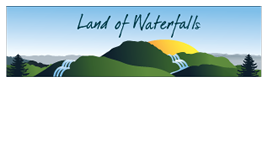As we ponder what to be grateful for in 2020, it can serve us well to look back at history. The year 1918 was, believe it or not, far worse than 2020. World War I had claimed an estimated 16 million lives and 116,516 of those were American. The influenza epidemic, the deadliest flu pandemic ever recorded, swept the world that same year and killed roughly 675,000 people in the United States and up to 50 million people worldwide. During its peak, it is estimated that 21,000 Americans died in a single week in October 1918. In that same month more than 5,000 died just in North Carolina. By the end of The Great
Pandemic, a total of 13,644 North Carolinians had died of the flu.
So how did Transylvanians celebrate Thanksgiving in 1918? Despite 1918 being a year of unforgettable suffering and death, there certainly were things to be grateful for. Nearly three years after the United States declared war on Germany, a ceasefire and Armistice had finally been declared on November 11, 1918. The peace yearned for by Americans had finally arrived. In learning of the news, Brevard Mayor W.E. Breese delivered a stirring speech in which he proposed that “if the epidemic of influenza subsides sufficiently for the people of the county to meet together, I want to suggest that everyone who is able to do so, to come to Brevard on Thanksgiving Day, Nov. 28, and let’s have a good time celebrating our victory.” He added that “as we the people of Transylvania have so much to be thankful for, we have a great union Thanksgiving service outdoors and all have our Thanksgiving dinner there together.”
 |
| This announcement made the front page of the Brevard News, on November 21, 1918 |
The fact that there is no further mention of this proposed event in the post-Thanksgiving issues of the newspaper of the time, the Brevard News, may mean that it was not possible to hold the event. We know that a long-awaited and long-advertised minstrel show that was to take place on Thanksgiving night was postponed indefinitely. We also know that the County Health and Quarantine Officer, C.W. Hunt, MD, continually discouraged gatherings and at one point reminded Transylvanians that: “Influenza is a crowd disease. It is spread by ‘spit swapping’ through the means of the unmuzzled cough and sneeze, or the use of drinking cups, eating utensils or towels that have been used by an infected person. The prevention of the disease depends upon each individual avoiding crowds where infection is so easy, and refusing to use the things that someone else has used. The responsibility for preventing the disease rests with the individual directly.”
What is evident in the local newspapers of the time is that despite the many hardships, losses and untold grief suffered by all, Transylvanians were deeply grateful for their hard-won peace, looking ahead at
brighter days and solidly there for each other. This is evident in contributors’ reporting of their shared joy for war’s end, the personal mentions of how families stricken with influenza were faring, the many prayers
expressed, and the ads of gratitude directed at neighbors, friends and medical personnel published by those who received help from them at their worst time of need.
Photographs and information for this column are provided by the Rowell Bosse North Carolina Room, Transylvania County Library. This article was written by Anne-Monique Ransdell. For more information, comments, or suggestions, please contact NC Room staff at [email protected] or 828-884-1820.




